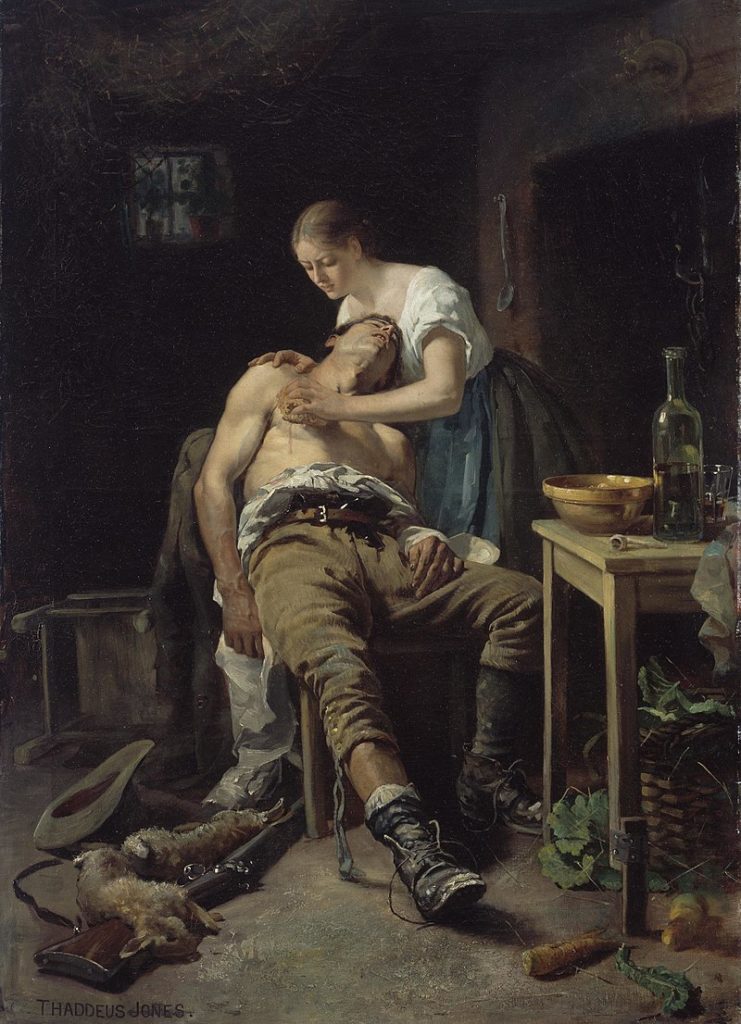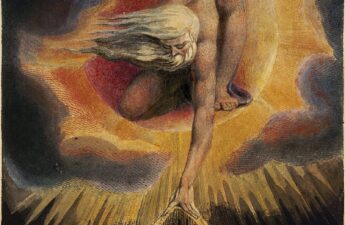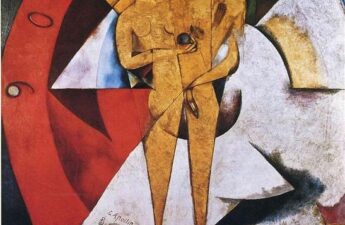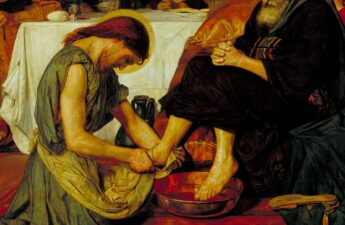Spanish novelist Miguel de Cervantes (1547-1616) is credited with saying that ‘a proverb is a short sentence based on long experience’. Proverbs are often centuries old, providing us with global wisdom’s that have remained relevant throughout time.
“An old poacher makes the best gamekeeper”
A version of this proverb appears as far back as 1390, in Geoffrey Chaucer’s Canterbury Tales. He wrote ‘A theef of venysoun, that hath forlaft His likerousnesse and al his ode craft, Kan kepe a forest best of any man.’ In 1695, Thomas Fuller wrote ‘…the greatest dear-stealers, make the best Parke-keepers’. The present wording appeared in 1878, in Richard Jefferies’ ‘Gamekeeper at Home’. It is often associated with another proverb of similar meaning- ‘Set a Thief to Catch a Thief.’
In its most literal sense this proverb is straight forward.
Someone who has previously poached animals, has a better chance of catching other poachers, as he knows the tricks of the trade. In a broader sense, it speaks of shared experiences. With every experience, we learn something new. We retain that knowledge and can use it going forward. In its most powerful form, a past experience becomes a lesson learned, which we can communicate to others. If someone has already experienced what you now face, you would be a lot more likely to listen to any advice they might have.
It echoes of second chances.
Having a dubious past can in fact be of some use in the present. Wisdom comes through experience, and the hardest lessons learned are usually the most valuable. Through mistakes, misdeeds and misjudgements, you, in time, gather nuggets of gold that can be reformed into something of unique and immense value.




